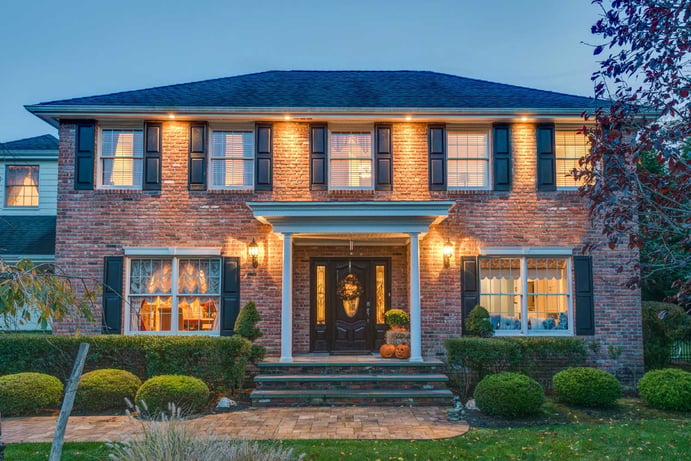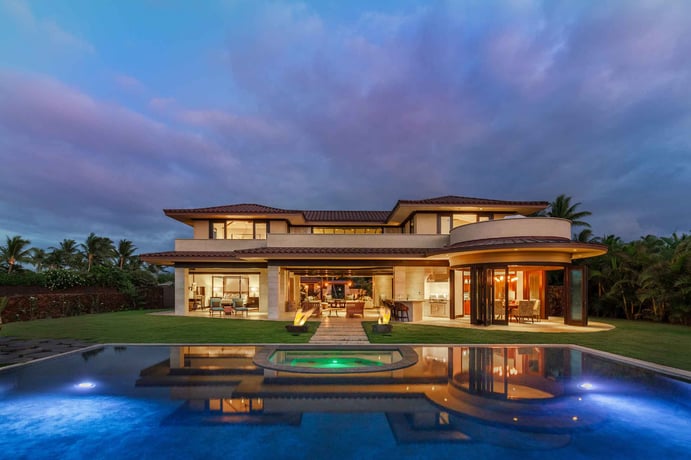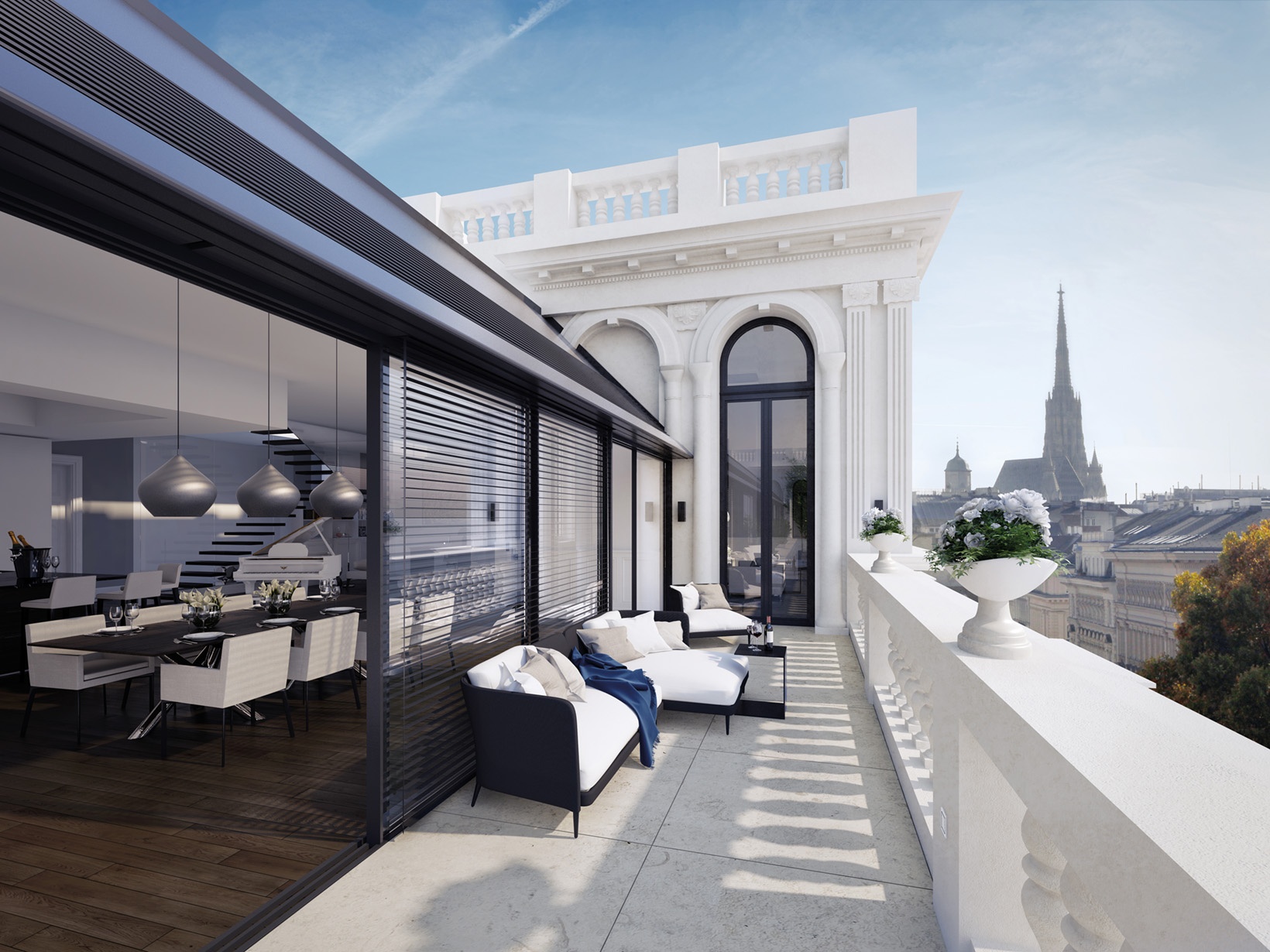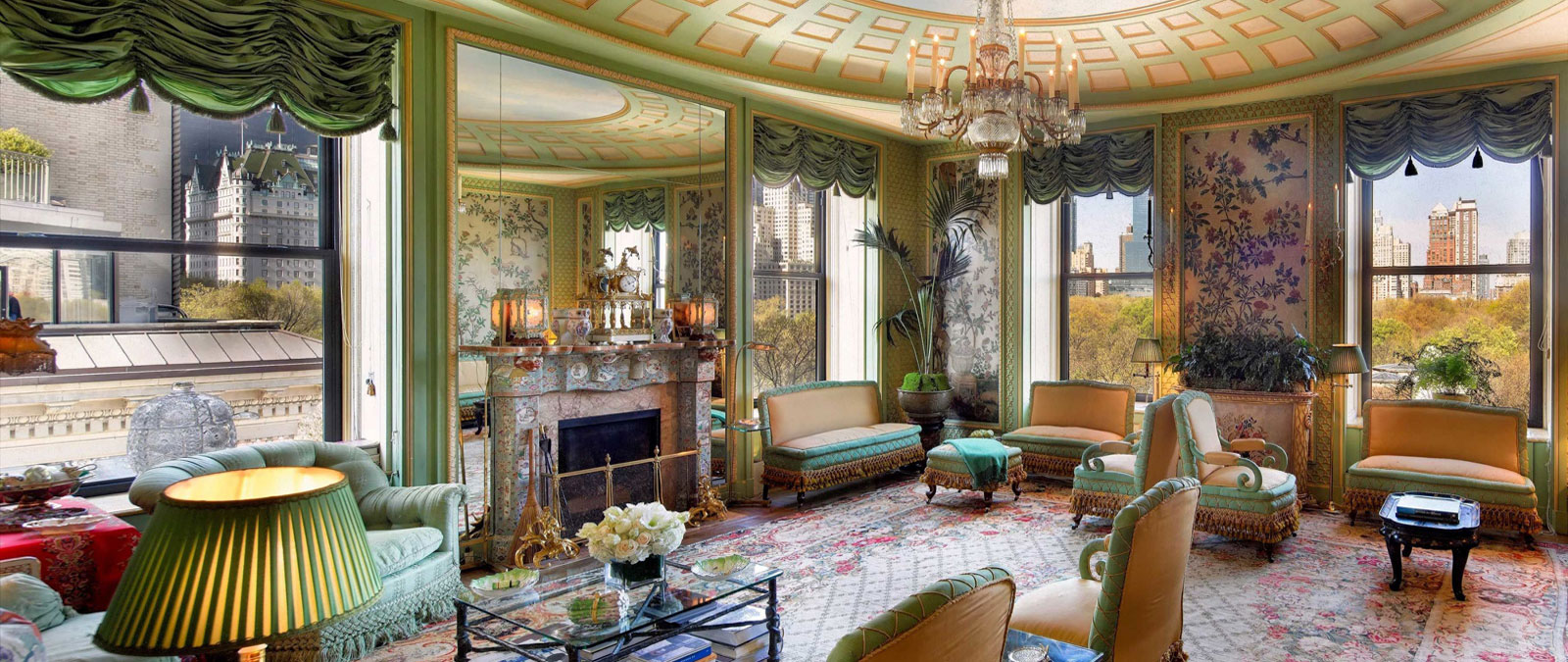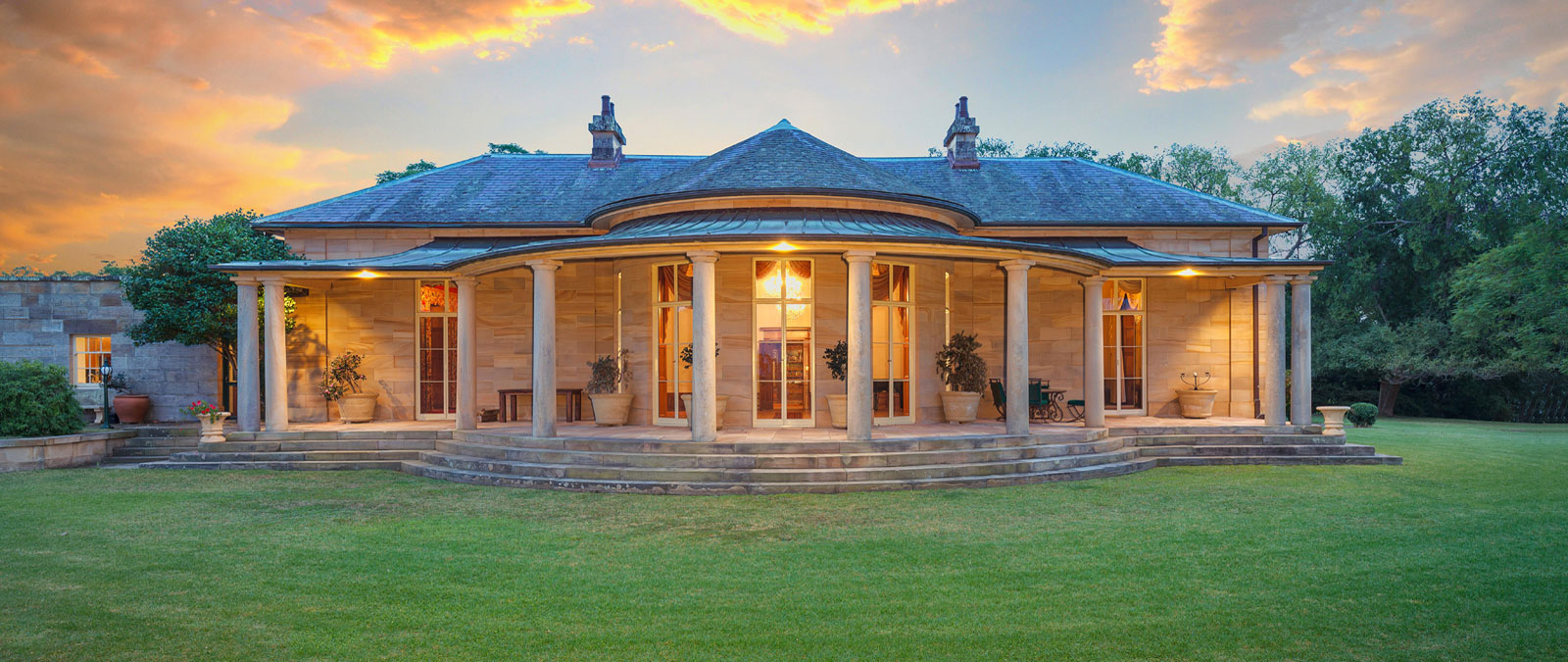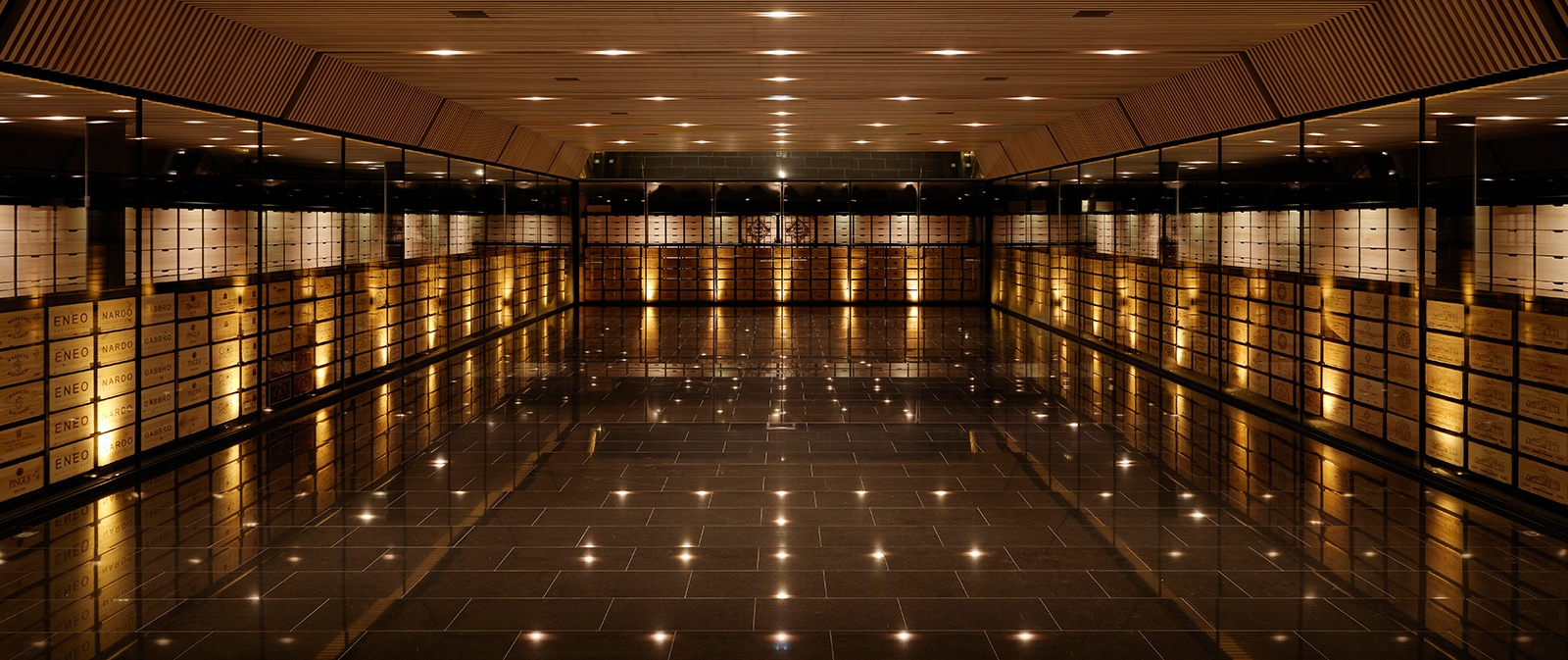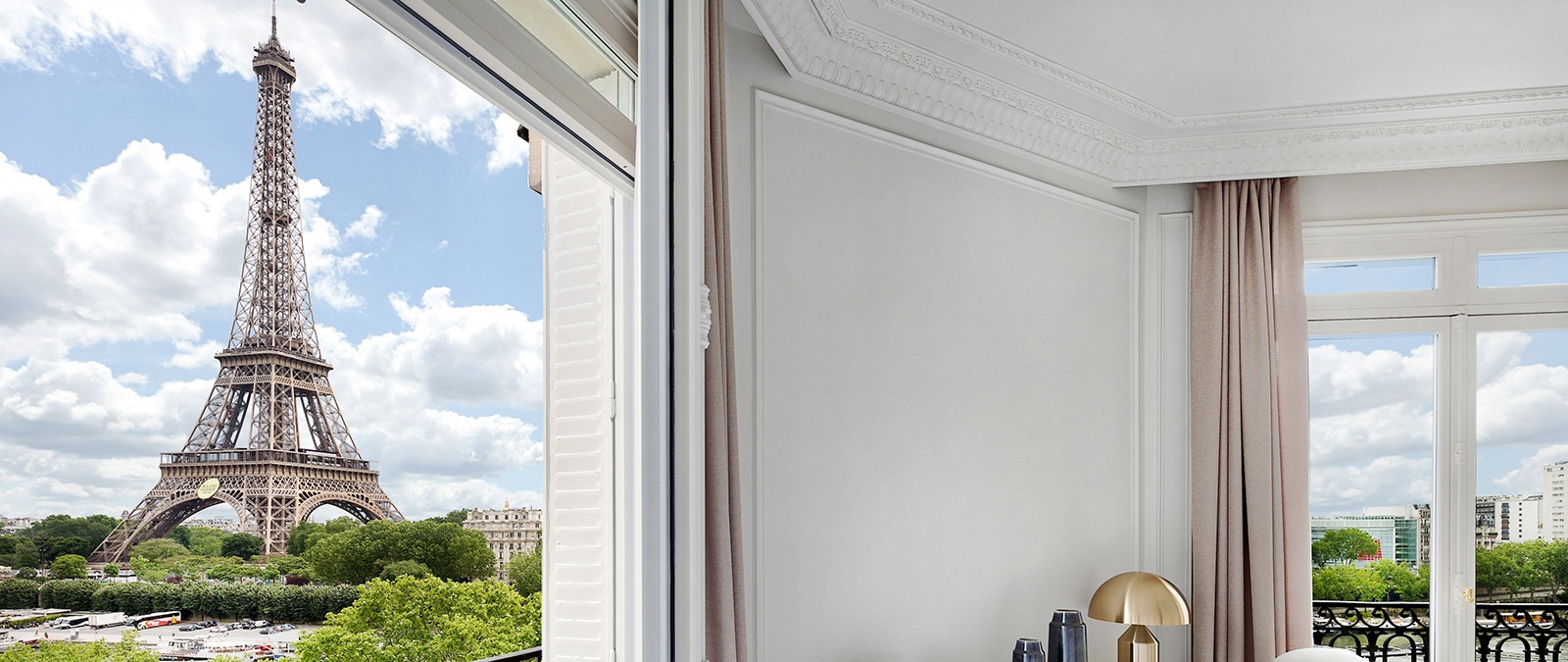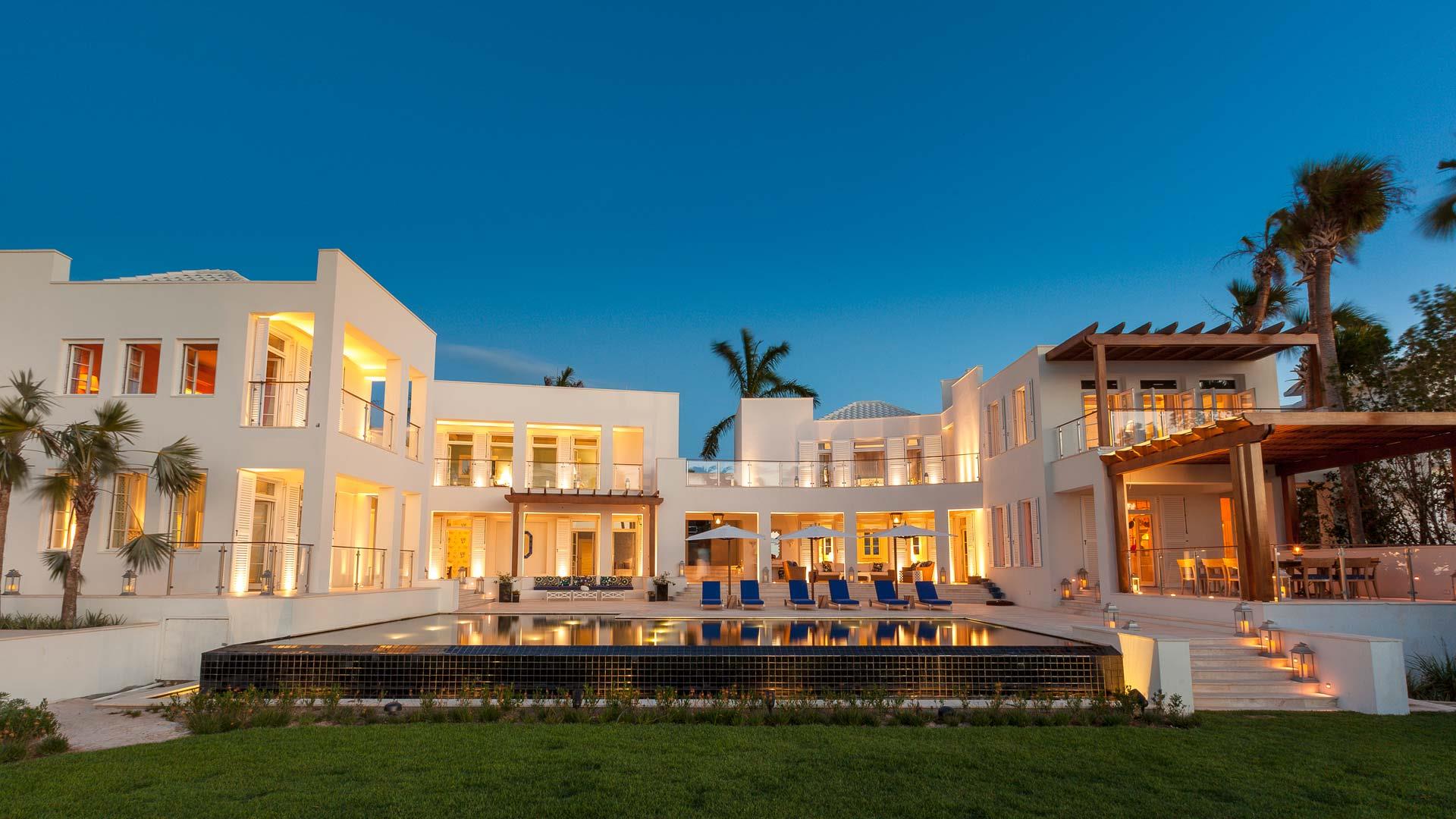In the post-recession global recovery, “cash is king” became a much-maligned catch phrase in the world of luxury residential real estate. Just five years ago, 80 percent of our top ranking property markets reported that luxury homes were acquired with over 50 percent cash or non-traditional financing. Today, less than half of our top ranking markets report that luxury sales are purchased with more than 50 percent cash.
And across 101 prime property markets worldwide—surveyed for Luxury Defined 2017, our annual report on the global luxury housing market—on average only 36 percent of million-dollar-plus home sales were purchased with cash in 2016, a significant dip from 44 percent the previous year (see infographic below).
"Miami has more pent-up demand from luxury buyers than we’ve ever had.”
Ron Shuffield, EWM Realty International
All cash purchases of luxury homes are not as prevalent as they were a few years ago, particularly in markets such as Miami, where affluent cash-in-hand foreign buyers have waned.
New U.S. Treasury reporting requirements for overseas buyers that purchase million-dollar-plus properties with cash have become a disincentive for some buyers, as well as overheated house prices have caused cash transactions to drop from 70 percent in 2013 to below 60 percent today.
However, Ron Shuffield of EWM Realty International in Miami believes that his city has “more pent-up demand from luxury buyers than we’ve ever had,” noting that pricing corrections will likely bring buyers—both cash and traditionally financed ones—back into the fold.
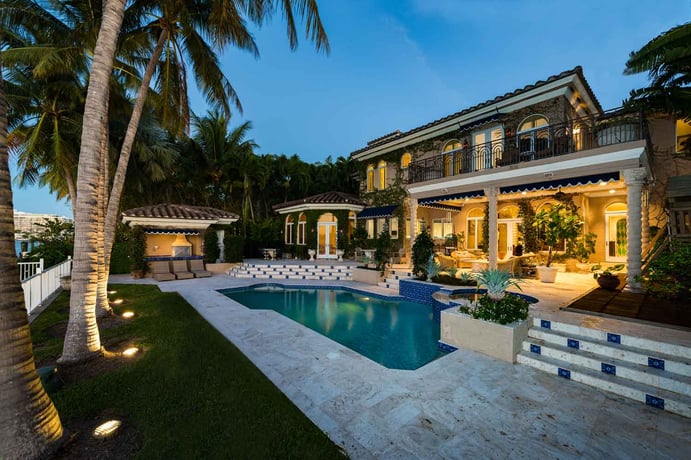 In hot markets like Toronto, where luxury home prices have skyrocketed in recent years, low interest rates have incentivized buyers to opt for traditional financing more so than they had in the past.
In hot markets like Toronto, where luxury home prices have skyrocketed in recent years, low interest rates have incentivized buyers to opt for traditional financing more so than they had in the past.
“Luxury buyers appear to be borrowing substantially against their luxury homes, and no doubt using their capital in the equity markets that have returned rates substantially higher than the prevailing borrowing costs of 2.39 percent in 2016,” says Chris Kapches of Chestnut Park Real Estate in Toronto, which ranked as the world's "hottest" market for luxury real estate this year.
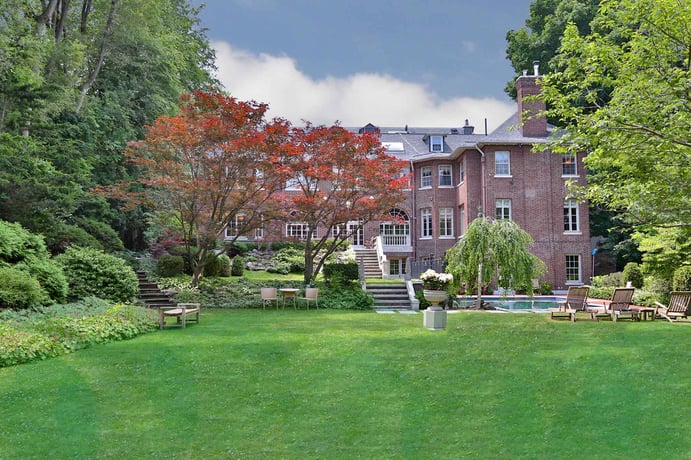 Similar sentiment was evident across the U.S., where low rates and bullish equity markets swayed the financing decisions of some affluent home buyers.
Similar sentiment was evident across the U.S., where low rates and bullish equity markets swayed the financing decisions of some affluent home buyers.
The suburban areas of Long Island in New York, for example, saw an increase in traditional financing. “We saw less cash used in 2016 than 2015,” says LP Finn of Coach Realtors, noting that this may be in part because buyers wanted to take advantage of low interest rates that may not be on offer in 2017 and beyond.
In countries like Sweden, Japan, and Denmark, negative interest rates have also prompted both the increased use of mortgages and flight of capital to luxury real estate in recent years.
A recent HSBC study explored the correlation between Sweden’s house prices, Stockholm flat prices, and the Riksbank’s (Sweden’s central bank) policy rate over the past four years, showing that the country’s sub-zero interest rates have fostered imbalances in the property markets. HSBC global economist James Bevan explains that the central bank succeeded
in its goal of building inflation, but the inflation has only occurred in the housing markets.
In Stockholm, where negative interest rates have persisted since late 2014, luxury property inventory is so scarce that it is hampering sales. The city ranked among our top 10 "hottest" property markets in last year's Luxury Thermometer Index, but it dropped off this year because although demand remained strong, lack of available stock handicapped activity.
In Switzerland, where mortgage transactions on high-end home sales are commonplace, banking limitations have compounded negative interest rate challenges.
“Banks are more restrictive in valuing properties (they fear a real estate bubble) and therefore we’re forced into long-lasting negotiations and price discussions with buyers,” explains Michael Blaser of Wüst und Wüst in Zurich, where the luxury market has slowed over the past two years.
Blaser however expects sub-zero rates to have a net-positive effect on the motivations of buyers and sellers. “As banks are more and more charging negative interest rates to customers, real estate investment will get more attractive, even if the market is more and more regulated by the government.”
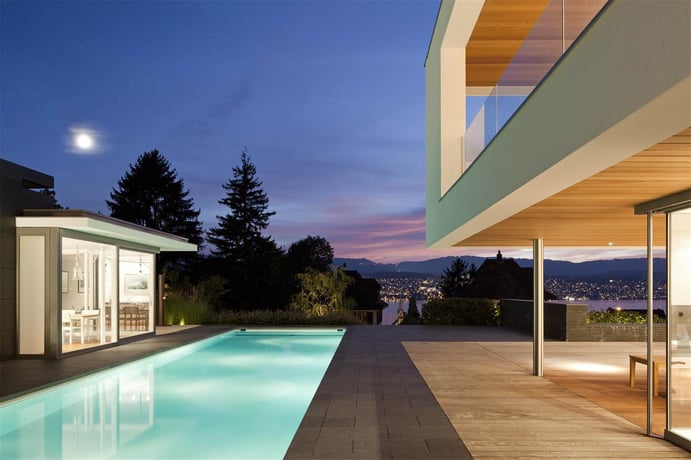 Although this situation creates a conundrum for buyers and sellers at the lower end of the property market, it poses an increasingly unappealing situation for both buyers and sellers at the high end of the market. Negative interest rates operate as a disincentive for luxury homeowners to place their home on the market and similarly fuels buyer demand for prime property, especially as price appreciation continues.
Although this situation creates a conundrum for buyers and sellers at the lower end of the property market, it poses an increasingly unappealing situation for both buyers and sellers at the high end of the market. Negative interest rates operate as a disincentive for luxury homeowners to place their home on the market and similarly fuels buyer demand for prime property, especially as price appreciation continues.
The dichotomy of buyer-seller motivations is also reflected in the art market, where buyers are increasingly interested in acquiring a non-interest-bearing asset such as a high-value painting or sculpture, but owners are less incentivized to sell because there are limited alternatives for their cash.
This has prompted some affluent individuals to use their existing art collections as leverage for other asset acquisitions including similarly illiquid investments such as the purchase of a luxury property.
Andrea Danese, CEO of Athena Art Finance, a new art-secured lending institution, explains: “While some HNWIs opt to finance their art as a means to supplement their general liquidity and cover life expenses, many see the value of accessing the value of their art on a limited recourse basis to redeploy into other investments. Most clients are highly resistant to selling their art (selling can also be very tax-punitive). Given this, financing can be an important tool to manage what can be highly valuable and cherished asset without the need to sell.”
"With interest rates increasing, we expect to see cash represent a higher percentage of high-end sales.”
Katie Minkus, Hawaii Life Real Estate.
Because the U.S. Federal Reserve is likely to raise federal funds rates during 2017 and other central banks across the globe may follow suit—the increase in HNW investors using traditional mortgages to acquire luxury residential real estate may wane.
"With interest rates increasing, we expect to see cash represent an even higher percentage of high-end sales," says Katie Minkus of Hawaii Life Real Estate.





